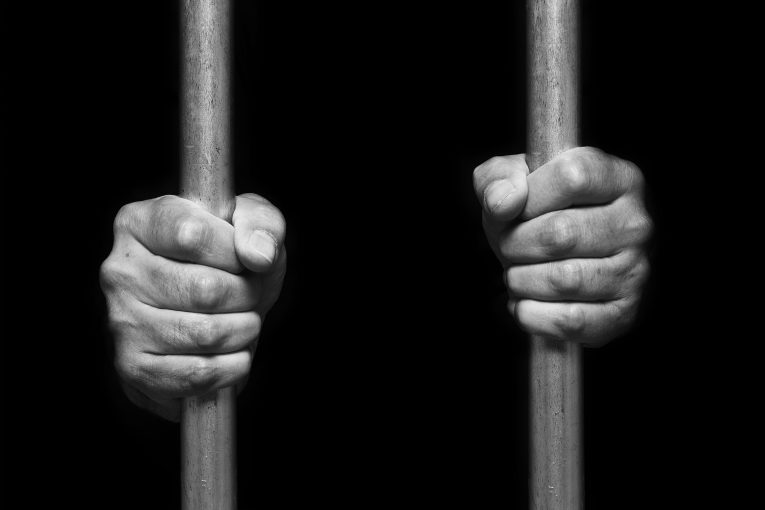

By Varun Noronha
NEW YORK, NY – New York Gov. Kathy Hochul vetoed legislation last week designed to provide pathways for people in the state of New York to overturn convictions based on evidence of innocence.
Bill supporters said she chose “efficiency…over innocence and guilt.”
Before reaching Hochul’s desk, the Challenging Wrongful Convictions Act (S7548 / A2878) passed in the Senate and Assembly last June.
In a statement published on Saturday, Voices Of Community Activists & Leaders (VOCAL-NY), asserted the bill could have addressed a serious problem, noting 347 people in the state of New York have been exonerated since 1989, and many wrongful convictions may have been overlooked.
The National Criminal Justice Reference Service estimates five percent of all convictions in the U.S. are wrongful convictions.
According to the Brennan Center for Justice, current New York law only permits people to challenge a conviction through a process separate from an appeal, but the Challenging Wrongful Convictions Act would have created a statutory right to reverse a conviction on grounds of actual innocence.
The bill also would have established multiple due process protections for applicants seeking post-conviction relief.
One key provision would have allowed individuals who have pleaded guilty to present numerous types of evidence to prove their innocence.
Justice Roadmap explains that Governor Hochul’s veto means a New York Supreme Court ruling will continue to prevent people who have pleaded guilty from overturning their conviction without DNA evidence.
The Innocence Project charges “it is not uncommon for innocent people to plead guilty.” Data from the National Registry of Exonerations, shows that, nationwide, 24 percent of exonerated individuals initially pleaded guilty.
Per the Innocence Project, people charged with serious crimes often falsely plead guilty due to fear of pre-trial detention facilities like Rikers Island. The “trial penalty,” or the threat of a harsher sentence if the defendant loses at trial, also motivates accused individuals to plead guilty even when they are not.
Cases with unreliable guilty pleas may overlap with the majority of cases in which DNA evidence is not collected. Data from the National Registry of Exonerations shows DNA evidence was utilized in only 54 of the 347 appeal cases that led to exoneration in New York state.
Another provision of the vetoed bill would have granted a state-appointed attorney to convicted individuals with a plausible claim of innocence. New York is one of just five states that does not guarantee the right to an attorney in post-conviction cases.
The Appeal reports opponents of the vetoed bill were concerned convictions would be faced with more legal challenges, extending the appeals process by years—but proponents of the measure said the governor’s stance “prioritizes efficiency and finality over innocence and guilt.”